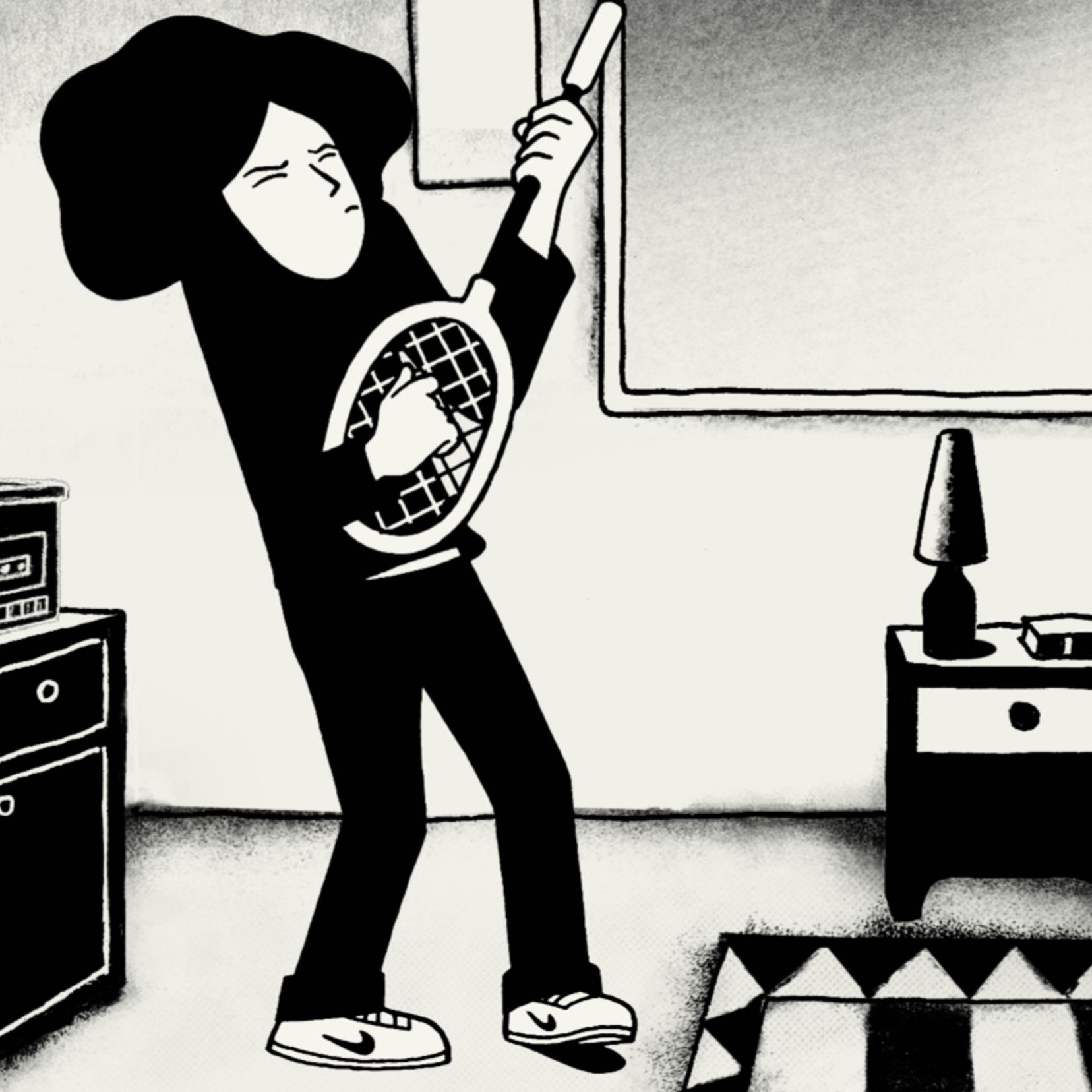Joobin Bekhrad has a new hero
‘Once again, I arrived at my usual conclusion: one must educate oneself.’
- Marjane Satrapi, Persepolis
Beyond the misty Alborz Mountains, near the Caspian Sea, is a city named Rasht. Draped in lush, vivid greenery, Rasht has not, one could say, enjoyed any of the epithets that have been so lovingly bestowed upon other Iranian cities. It is not known as ‘Half the World’ like Esfahan, or the ‘City of Poets and Nightingales’ in the case of Shiraz – and its inhabitants couldn’t care less. My father tells me that we Rashtis are different from our other Iranian cousins. Sure, we might sound like our jaws are about to fall off when we speak Persian, and might be a bit untidy every now and then – but deep down, every Iranian at some point or another will admit that there’s something special about us. Perhaps there’s something in the water – I don’t know. We have always been known amongst Iranians to be freethinking and liberal, to an almost humorous degree. We [really] dig politics, and celebrate the memory of the ill-fated Mirza Kuchak Khan, who – along with the Jangalis, the ‘Jungle People’ – gave his life fighting for a free and dignified Iran. We also happen to have some of the best damn food in all of Iran. I guess what I’m trying to say is, we Rashtis have sought greatness not in poetry or pleasure gardens, but elsewhere. And every so often, from those not-so-sleepy forests up north, sparkling through the thick mists of Gilan, comes a shining star …
It was in my second year of university in Toronto that I chanced upon Marjane Satrapi’s Persepolis comic book. I felt then as if the woman had somehow ‘gotten it’; everything was so familiar: the veil, the Shah, Zarathustra, the Iran-Iraq War. My grandmother’s stories had seemingly come to life (albeit in black-and-white). I devoured the book, as I did the second blue-coloured volume and everything else Satrapi would create in the years to come. Satrapi was telling the story of my country in a way that was neither hackneyed, nor so nauseatingly commercial. Oh, the joy I felt at that moment as I flipped through those inky pages in the corner of the bookstore, never minding the other books about Iran nearby that all conjured images of hell, torture, fanaticism, repression, savagery, replete with the same old stories of baba and maman joons who’d fled Iran after 1979 and charming photographs of women in skirts.
If I had thought Satrapi was cool back then, her coolness took on new and extraordinary proportions during our chat. At times, I felt as if I was talking to myself; she was taking words out of my mouth before I uttered them, and spoke with frustration about the same issues that had long been bothering me. Is she for real? I kept asking myself, trying not to lose focus at the same time; it was almost cathartic. At a time when belittling our culture and identity has become fashionable amongst so many Iranians (predominantly in the West, as I’ve witnessed), Satrapi’s words mean a lot; so much so, in fact, that I completely forgot to ask her about her upcoming star-studded film, The Extraordinary Journey of the Fakir. But who wants to talk about work when you can talk about ice cream and Omar Khayyam? And I couldn’t have asked for a more perfect ending to our conversation. Shortly before we said our goodbyes, we’d ended up talking about the ‘haters’ again, and I said something(I can’t remember exactly what) along the lines of , ‘I just don’t get these people …’ Her response?
‘Fuck them.’

